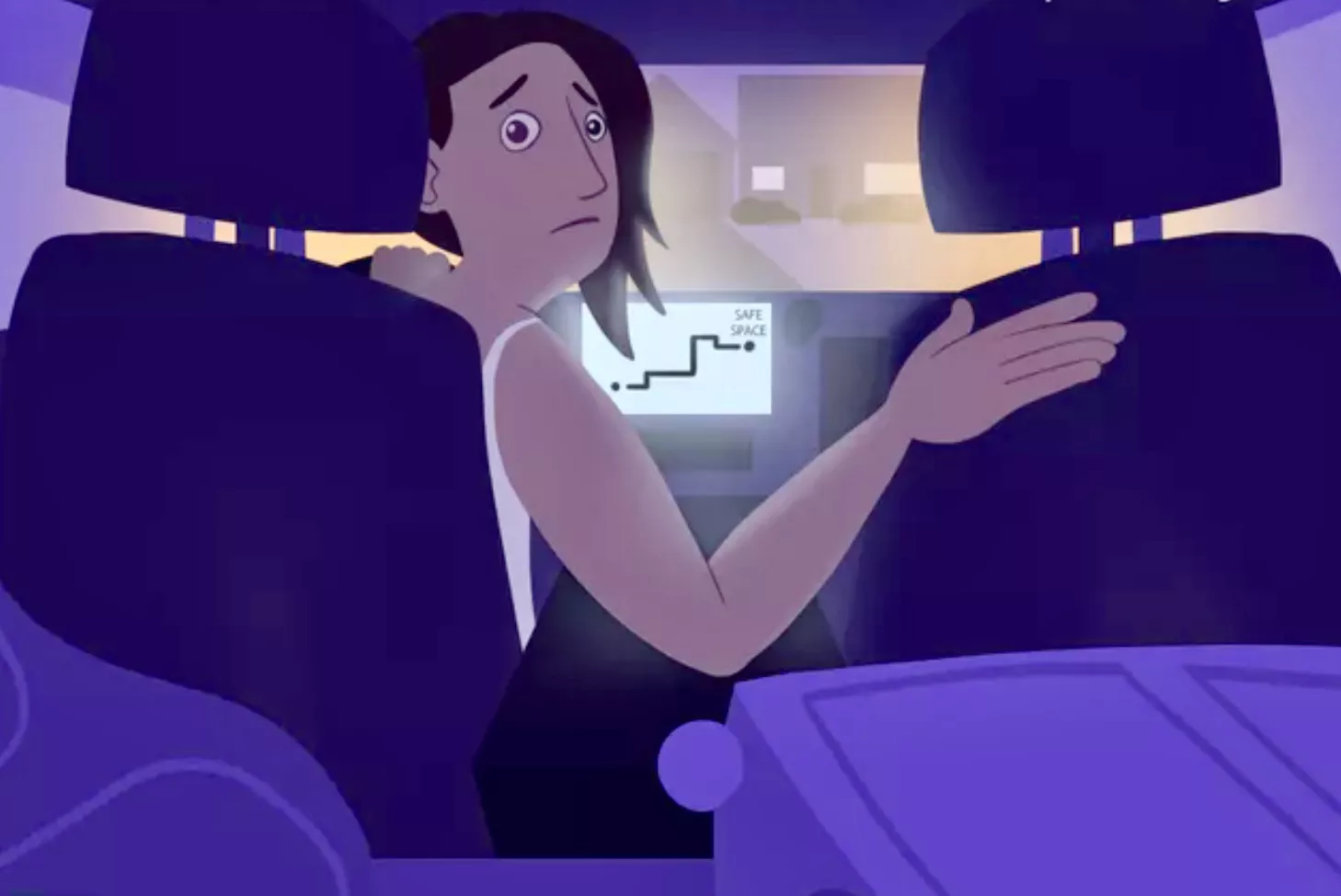The Unseen Chains: Why It's So Hard to Leave an Abusive Relationship
When someone is trapped in an abusive dynamic, the common question from outsiders is often, "Why don't they just leave?" However, the reality of breaking free: navigating such a situation is far from simple. For those enduring intimate partner violence, the decision to leave an abusive relationship is a complex, terrifying, and often overwhelming process, frequently requiring multiple attempts before achieving lasting safety.
This journey is profoundly shaped by fear, deep-seated dependency, and intricate patterns of control orchestrated by the abuser. This article aims to illuminate the multifaceted reasons why exiting an abusive relationship is incredibly challenging, offering crucial insights for anyone struggling or supporting a loved one in similar circumstances.
If you or a loved one are experiencing intimate partner violence, please contact the National Domestic Violence Hotline at 1-800-799-7233 for confidential assistance from trained advocates. In immediate danger, always call 911.
The Hidden Realities: Why Ending an Abusive Relationship is So Challenging
The perception that leaving an abuser is a straightforward choice belies the profound psychological, emotional, and practical barriers victims face. These aren't signs of weakness but rather systemic challenges that make ending an abusive relationship a monumental task.
The Cycle of Hope and Deception
Abuse rarely follows a linear path; instead, it often spirals through cycles of tension, explosive incidents, reconciliation, and a deceptive "honeymoon phase." During this period, abusers may express remorse, promise change, and shower their victims with affection, creating a powerful illusion of hope. This intense emotional fluctuation can be incredibly disorienting, making it difficult for victims to reconcile the loving partner with the abuser. Psychological research, often highlighted by institutions like Harvard (2024), indicates that this cyclical pattern can deeply entrench a victim's hope that things will genuinely improve, trapping them in a loop of anticipation and disappointment.
Psychological Chains: Manipulation and Gaslighting
Abusers are masters of manipulation, eroding their victim's self-worth and perception of reality through tactics like gaslighting. This insidious form of psychological abuse causes victims to question their memories, sanity, and even their own experiences, making them feel confused and utterly dependent on the abuser's version of events. Over time, this can shatter a person's confidence to make independent decisions or believe they can survive on their own, severely hindering their ability to escape an abusive relationship.
Isolation and Eroded Support Systems
A common tactic of abusers is to systematically isolate their partners from friends, family, and any potential support network. This might involve controlling communication, fabricating stories to turn others against the victim, or creating scenarios that make social interaction impossible. With their external lifelines severed, victims often feel utterly alone and convinced they have nowhere to turn, making the prospect of safely leave an abuser seem insurmountable without a crucial support system.
Financial Ensnarement and Dependency
Economic abuse is a pervasive and powerful barrier to leaving. Abusers often gain complete control over a victim's finances, whether by preventing them from working, confiscating wages, controlling bank accounts, or accumulating debt in their name. Without access to money, credit, or independent resources, victims can feel financially trapped, unable to secure housing, food, or necessities for themselves or their children. This financial dependency severely limits their options for independence.
The Threat of Escalating Danger
For many, the most terrifying reason to stay is the very real threat of physical harm or death. Abusers frequently threaten to injure or kill their partners, children, pets, or other loved ones if they attempt to leave. These threats are not idle; statistics underscore the extreme danger involved:
According to the Centers for Disease Control and Prevention (CDC), one in five homicides are perpetrated by intimate partners. The CDC further notes that over half of female homicide victims in the United States are killed by current or former intimate partners.
This heightened risk, particularly during the separation process, makes safety planning paramount and leaving an incredibly dangerous undertaking.
The Unseen Wounds: Trauma and Cognitive Dissonance
Victims of prolonged abuse often experience complex trauma, leading to responses like freezing or dissociation, where they become emotionally numb and unable to fully process the abuse. Furthermore, many may not even recognize their situation as abuse, especially if they've grown up in unhealthy environments or if the abuse is primarily emotional rather than physical. Experts, including Stanford researchers, emphasize the profound impact of trauma bonding, where intense emotional attachment develops due to the intermittent reinforcement of positive and negative experiences, making it incredibly difficult to break free from the abuser's hold.
Societal Pressures and Stigma
Societal norms often pressure individuals to maintain relationships, viewing divorce or breakups as personal failures. Victims may internalize this stigma, feeling ashamed or embarrassed to admit they are being abused, particularly if the abuser is well-respected in the community. This victim-blaming culture, where individuals are often questioned about their role in the abuse, further discourages them from seeking help or acknowledging their plight.
Legal and Practical Obstacles
Beyond the emotional and physical dangers, victims often face significant legal and practical hurdles. This can include concerns about shared children, fear of losing custody if they leave, or legal complications like false complaints filed by the abuser. For immigrant victims, fears of deportation can be leveraged by abusers, creating an additional layer of vulnerability and making it nearly impossible to seek official help.
People Also Ask: Common Questions About Leaving Abusive Dynamics
Why is it so difficult for victims to recognize abuse?
Victims often struggle to recognize abuse because it can be incremental, normalized through prior experiences, or disguised as love or concern. Gaslighting distorts their reality, and the cyclical nature of abuse can make them hope for the










